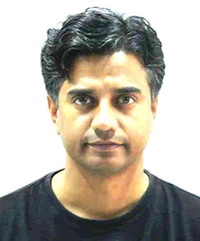| Course Status : | Completed |
| Course Type : | Elective |
| Language for course content : | English |
| Duration : | 12 weeks |
| Category : |
|
| Credit Points : | 3 |
| Level : | Undergraduate/Postgraduate |
| Start Date : | 18 Jan 2021 |
| End Date : | 09 Apr 2021 |
| Enrollment Ends : | 01 Feb 2021 |
| Exam Date : | 24 Apr 2021 IST |
Note: This exam date is subject to change based on seat availability. You can check final exam date on your hall ticket.

DOWNLOAD APP
FOLLOW US